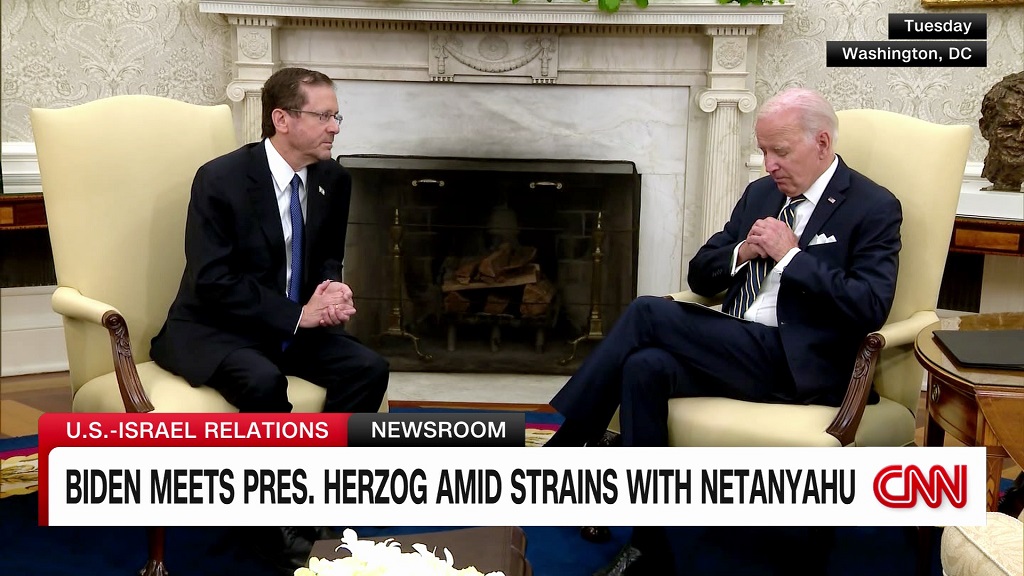This week Israeli President Isaac Herzog visited with USA President Joe Biden in the Oval Office. This honor is usually reserved for the Prime Minister of a newly elected government of Israel who is the true political leader of the State of Israel. The President of Israel is a ceremonial position that is supposed to […]
Terrorizing the Terrorists
Last week we learned in the Torah portion Balak, about how the Midianites seduced the Jewish men and caused them to sin with the women of Moab and worship their idol Peor. In the end, the Princess of the Midianites, Cozbi, had relations with Zimri, head of the Tribe of Shimon in front of the […]
Bilaam’s Curse: Are our tents vulnerable today?
The Prophet Bilaam and King Balak of Moab gazing down at the Israelite camp “How Goodly are Your Tents, O Jacob!” This week’s Torah portion read in Israel (Balak -Numbers 22:2-25:9) tells us about King Balak’s attempt to curse the Nation of Israel. Before entering the Land of Israel, the Jews were encamped on the […]


